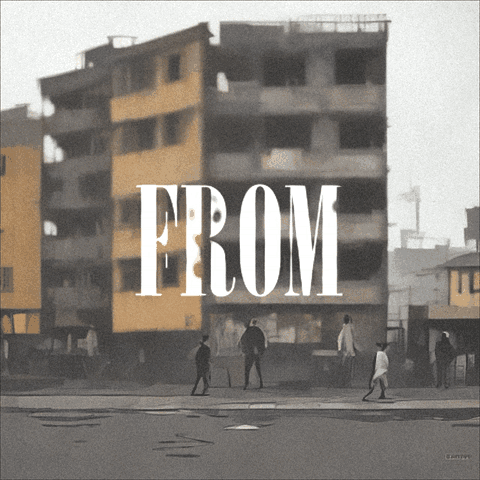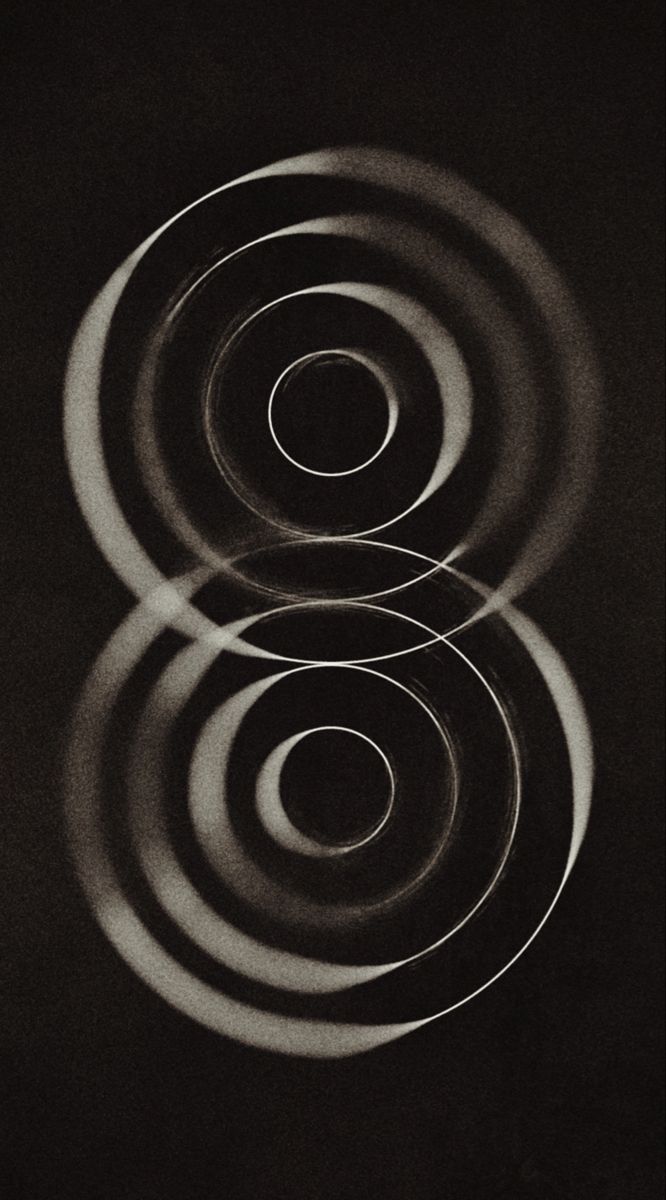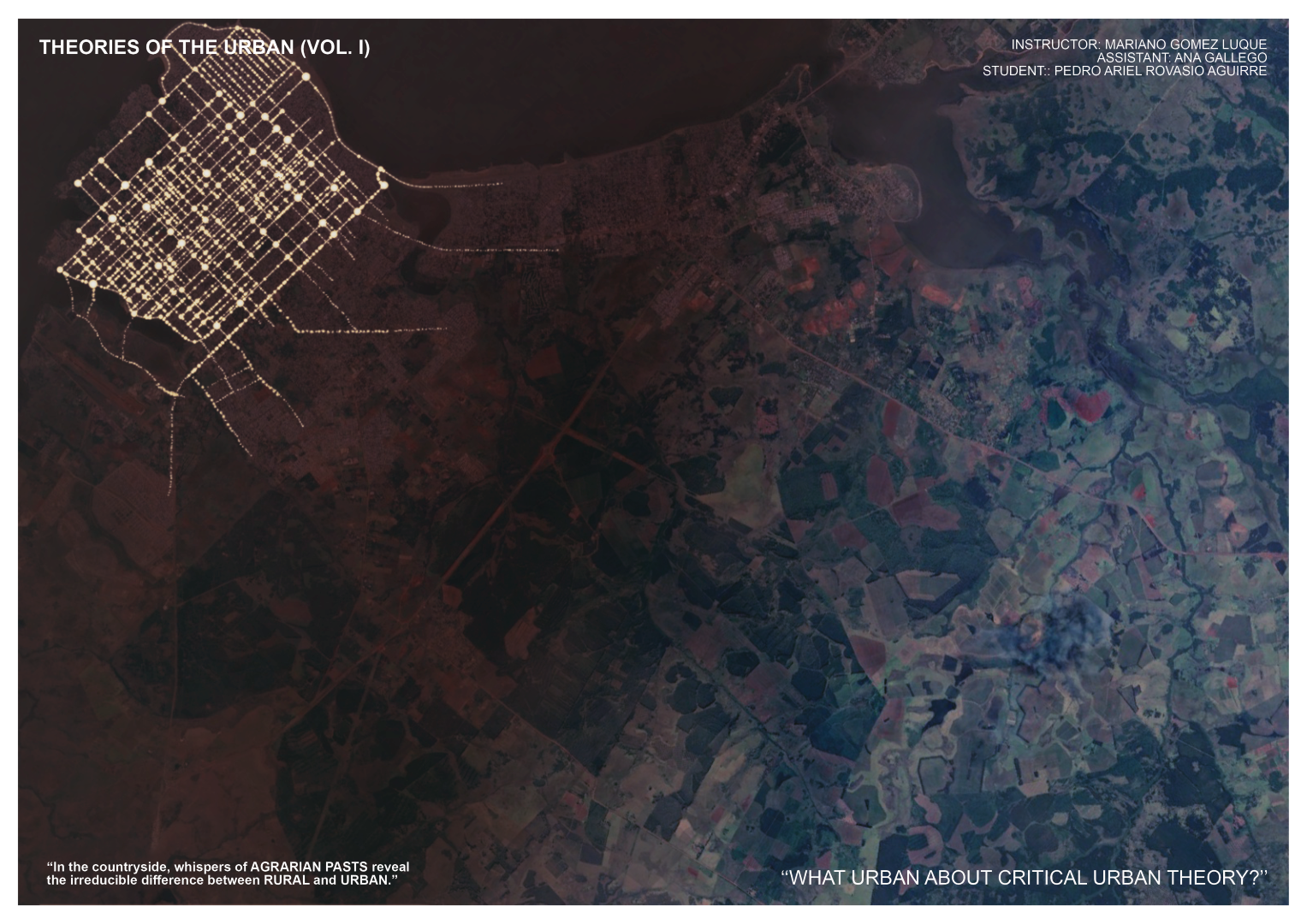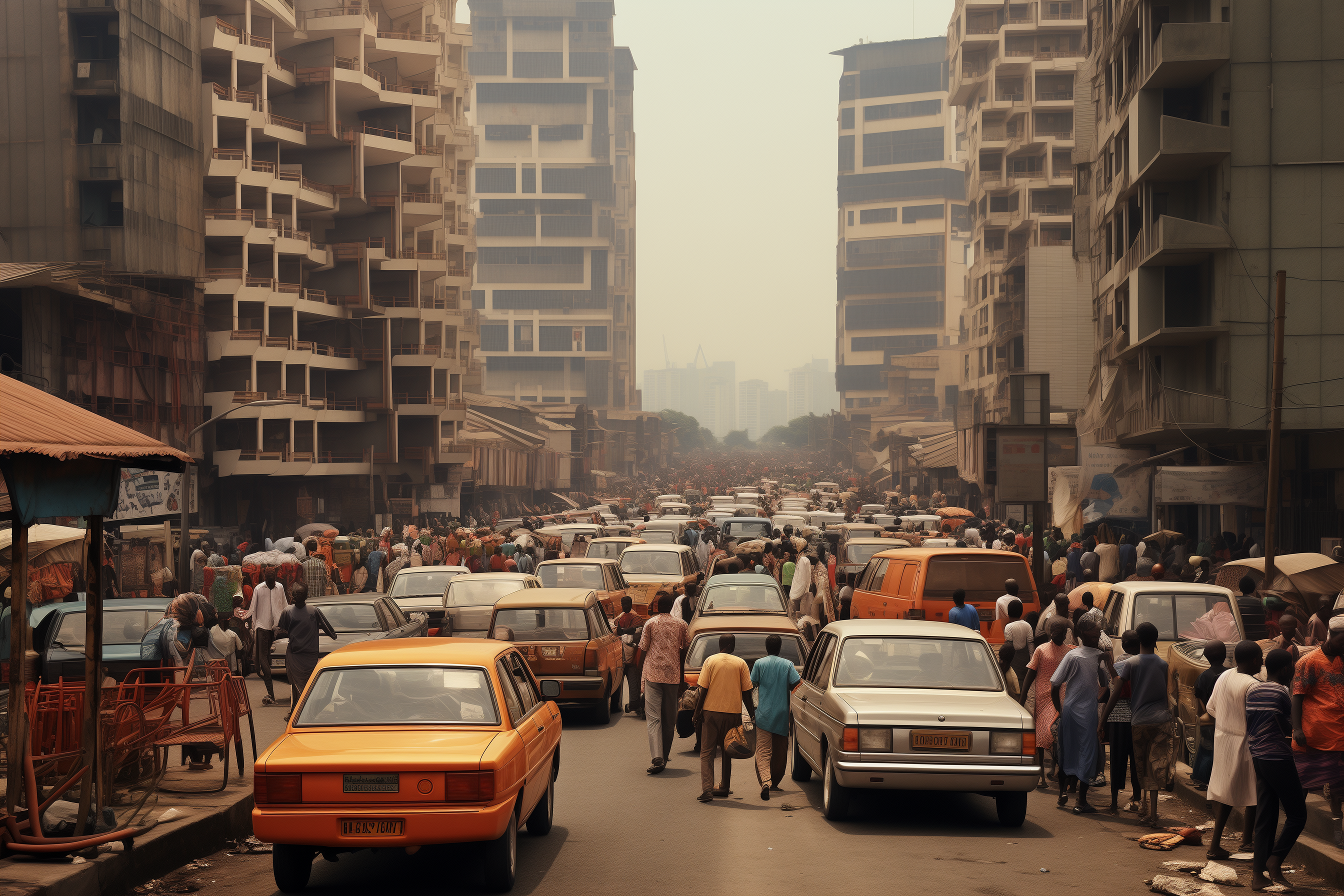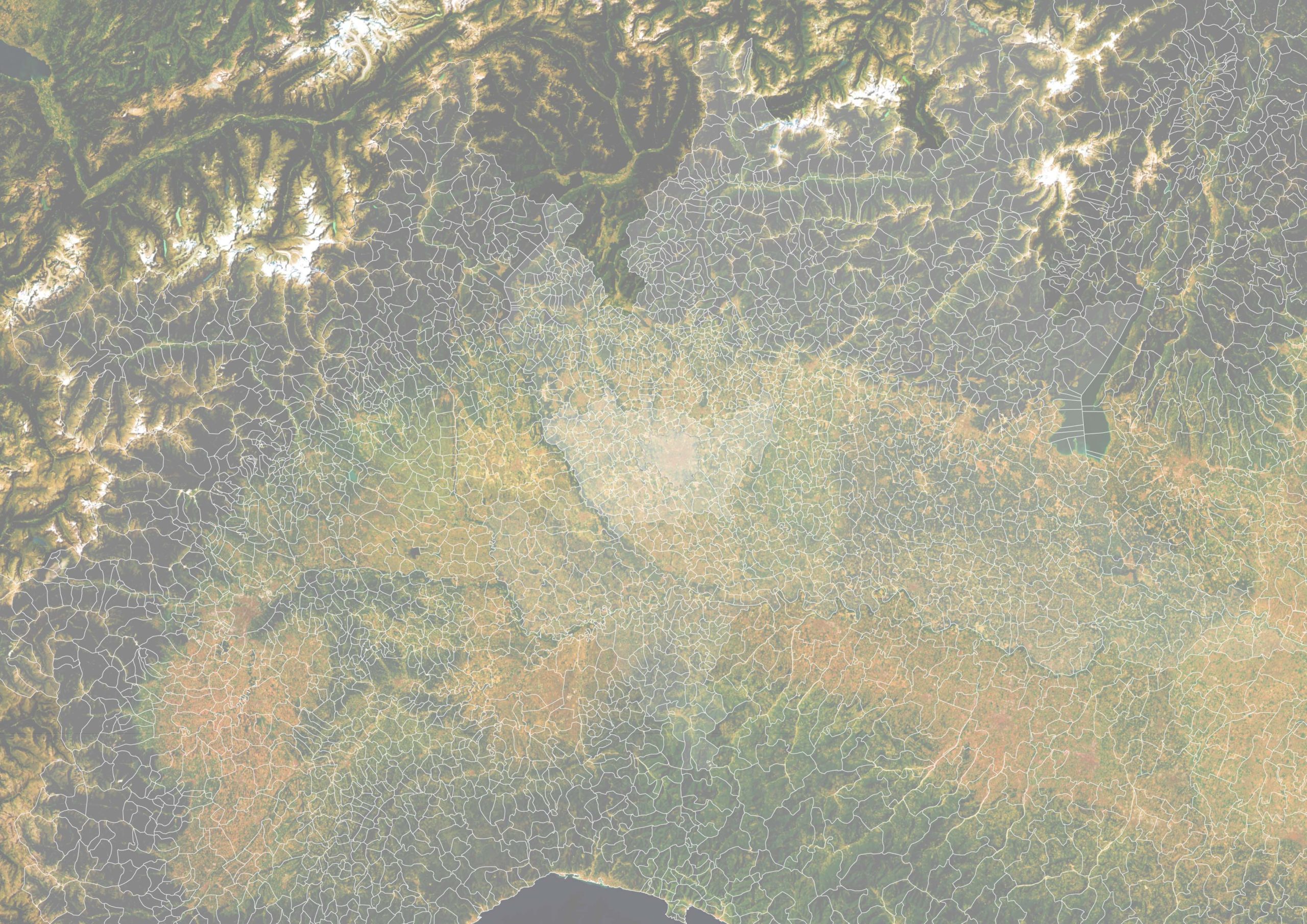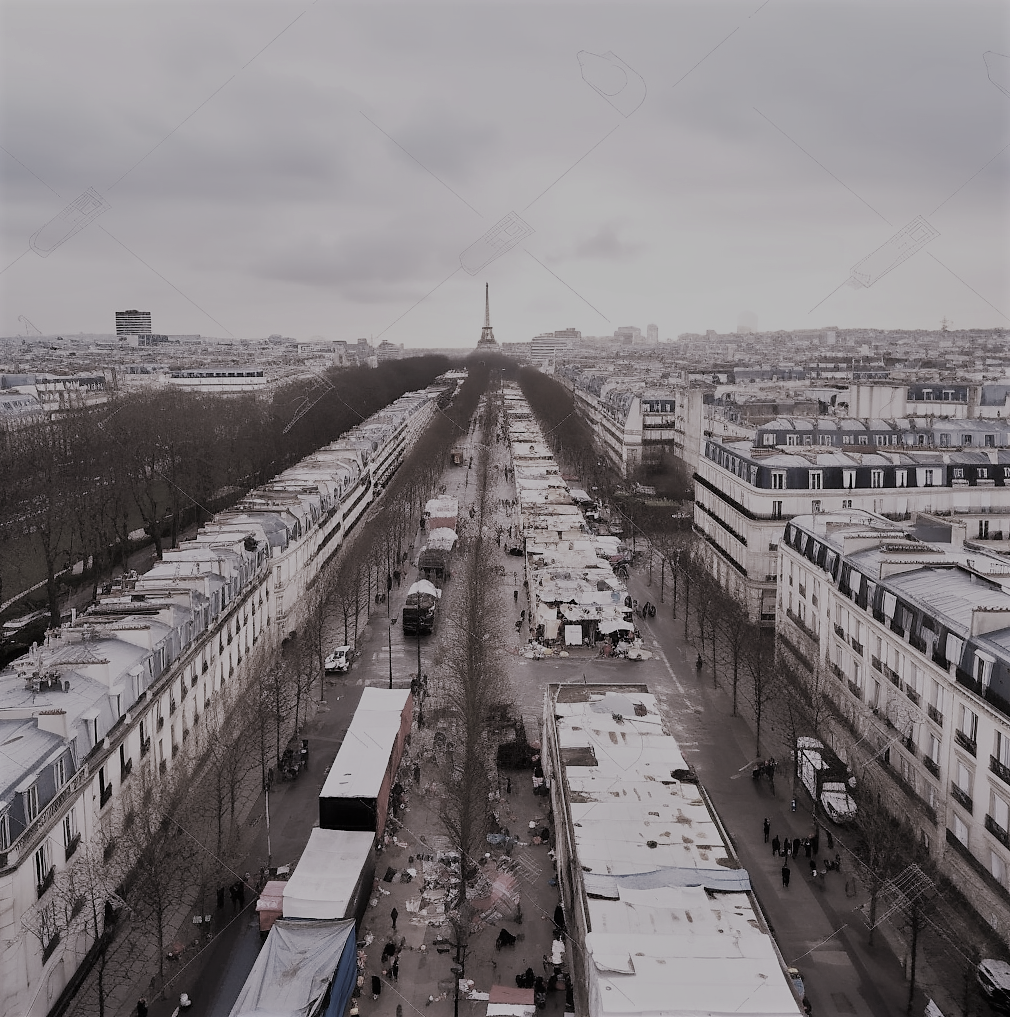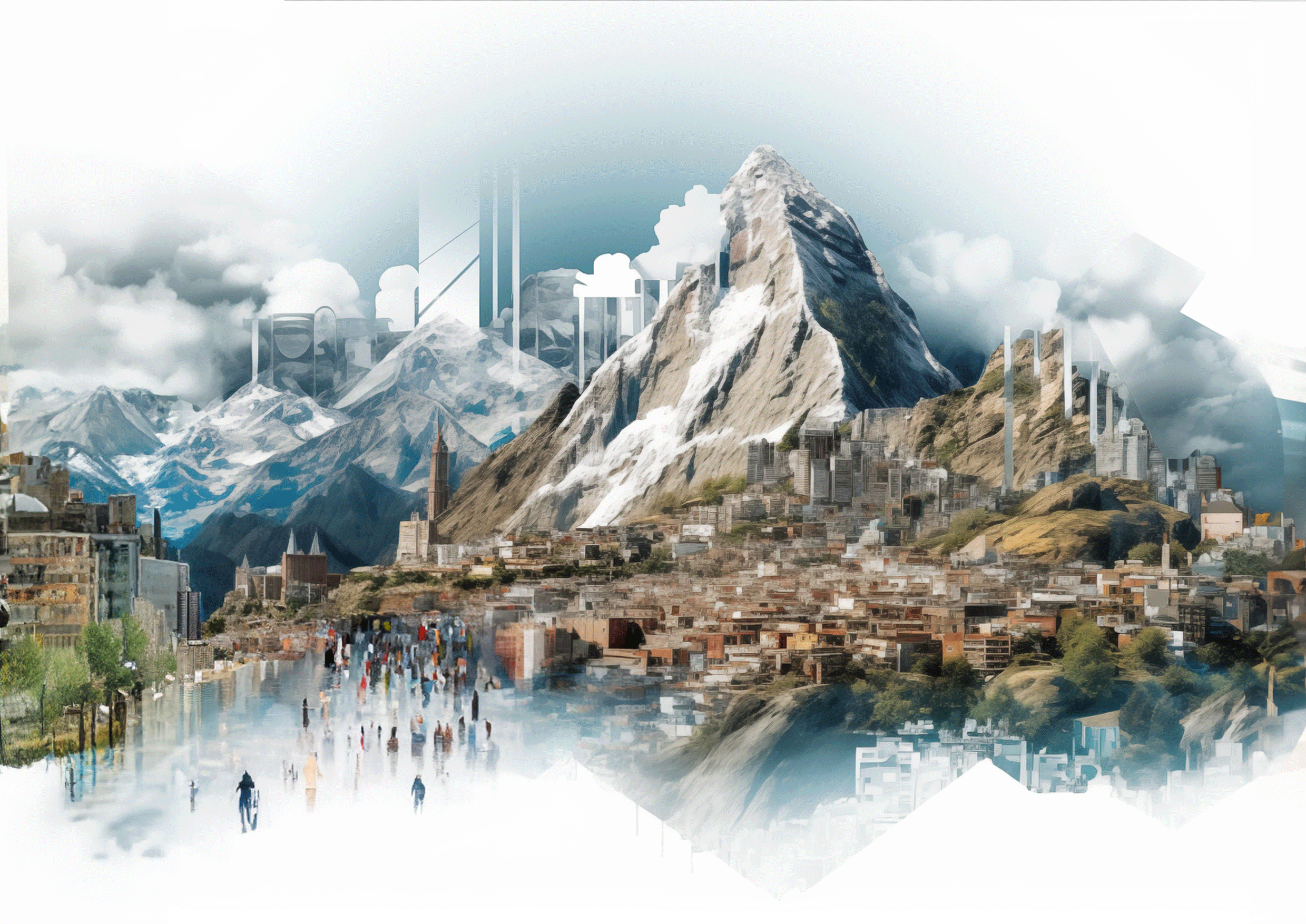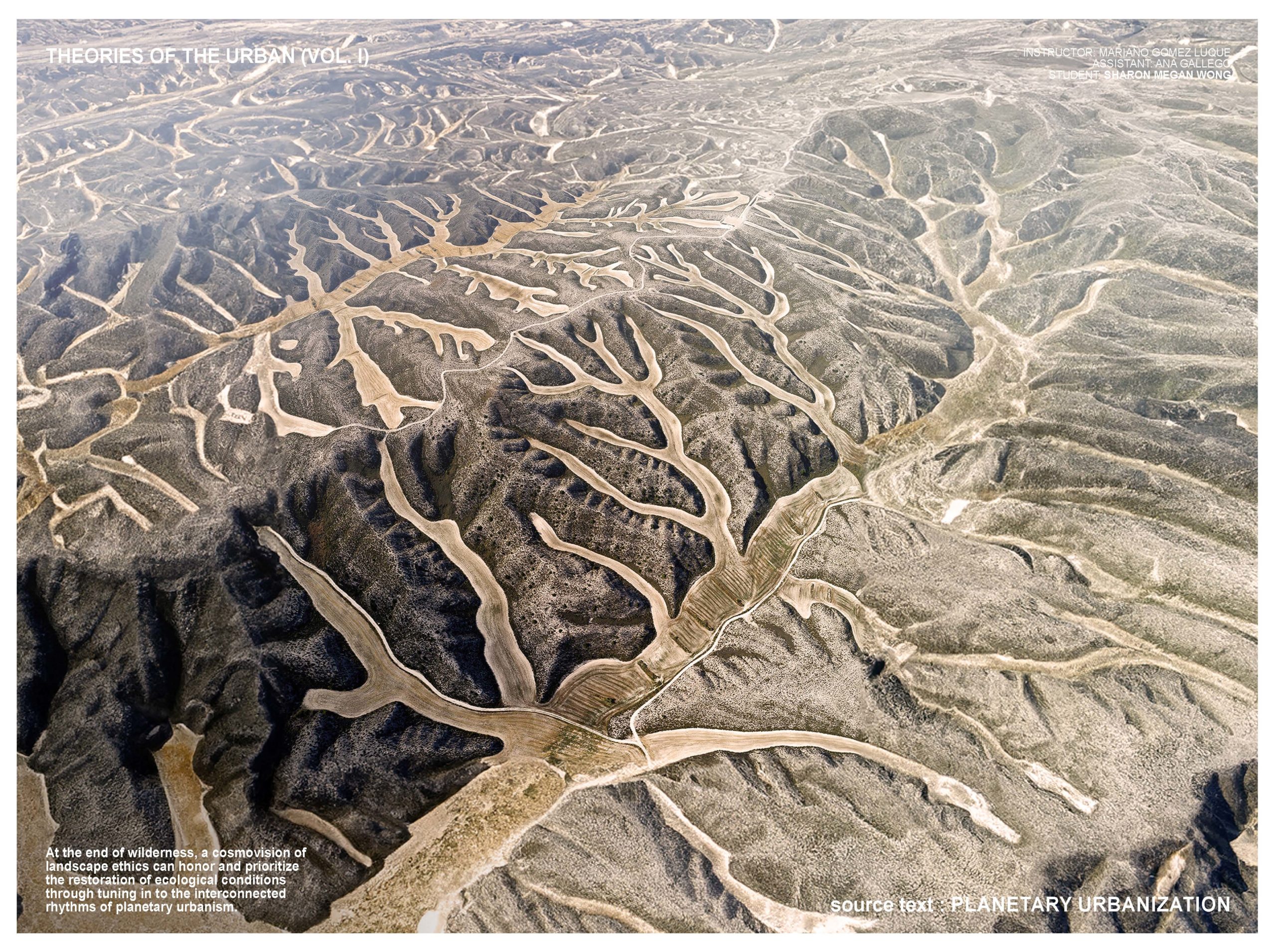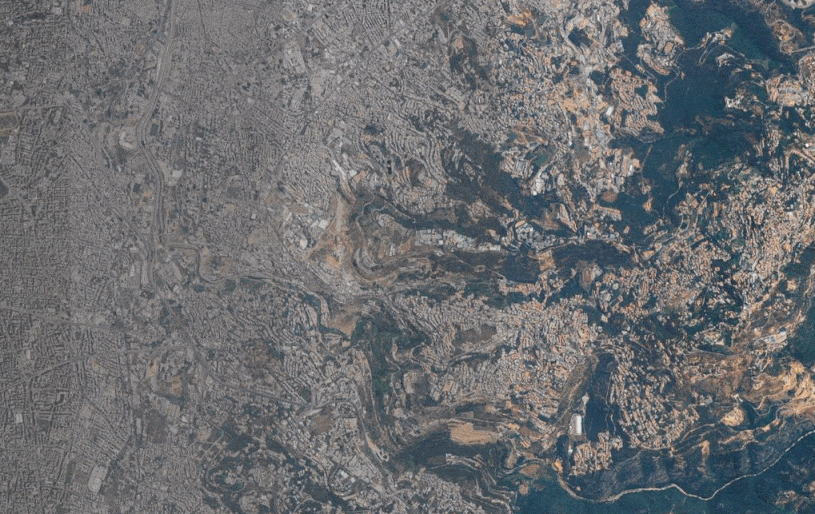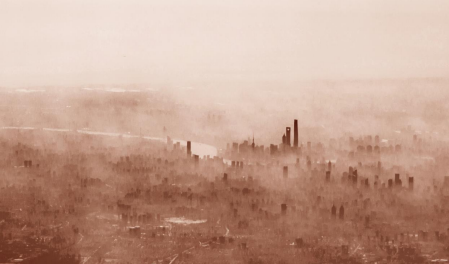
photo credits: Unsplash
Description
“Within urban space, elsewhere is everywhere and nowhere.”
—HENRI LEFEBVRE
In the early 1970s, urban sociologist Henri Lefebvre anticipated a situation of “generalized urbanization” in which an “urban fabric” would spread to encompass the whole planet, artificializing the entire ‘natural’ surface of the world. While the changing, fast-growing morphology and scale of urbanized regions have attracted considerable attention among urban scholars, the sociospatial, political-economic and technological dimensions of the global “urban fabric” originally postulated by Lefebvre still awaits further systematization and theoretical development — even more so in an age defined and systemically traversed by the ubiquity of climate crisis, with fast technological development and socioenvironmental catastrophe operating as two sides of the same coin. Building on the conceptual framework developed by radical geographers Neil Brenner and Ananya Roy, this research seminar will mobilize the theory of planetary urbanization as a basis upon which to construct a critical agenda for the design disciplines (architecture, landscape, urbanism, planning) in the age of the Anthropocene.
Learning Objectives
At course completion the student will:
> Have an understanding of the relationship between cities, nature, and design as seen through the lens of recent discourses within the field of urban and environmental studies.
> Have the ability to develop original and substantiated positions on the issues/problematiques discussed in the course.
> Have the capacity to deploy ‘close-reading’ techniques through which to decode the multiplicity of (spatial, political-economic, technological) dimensions that define the complex and multi-scalar character of the urban process.




